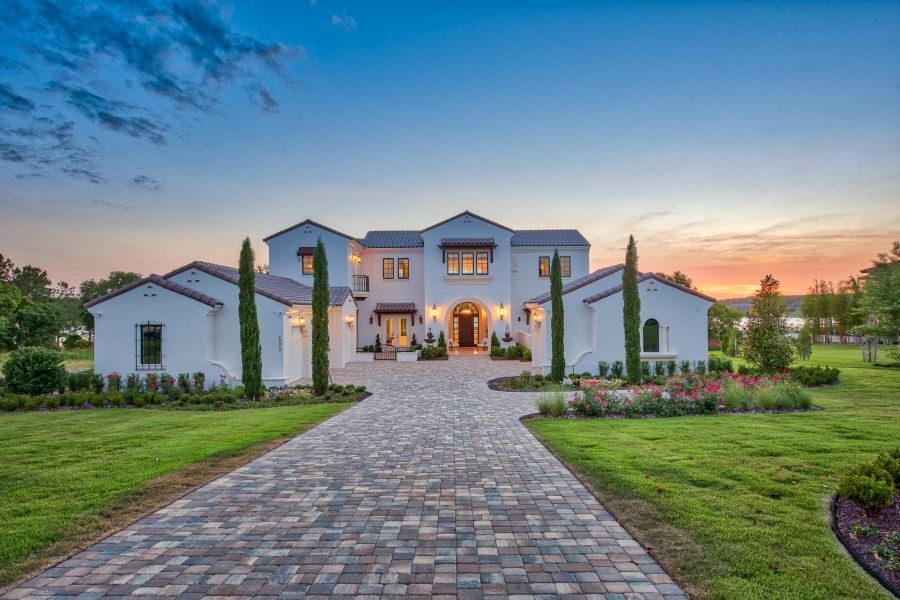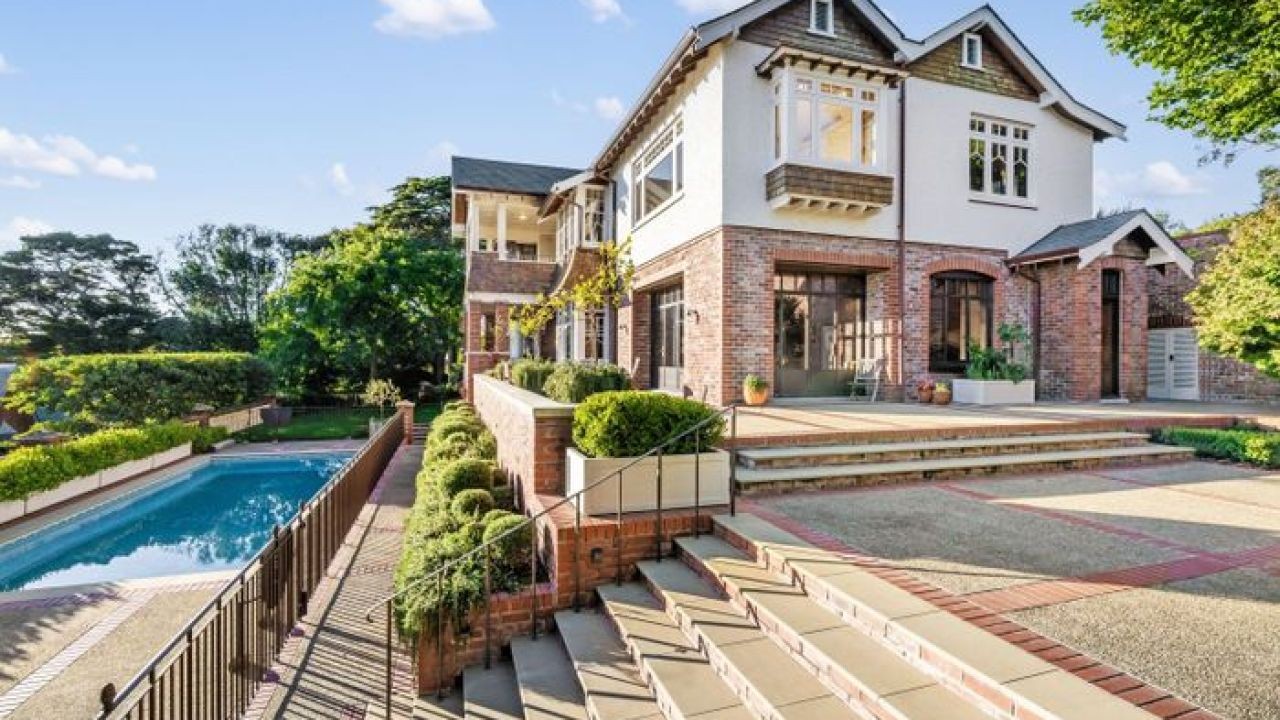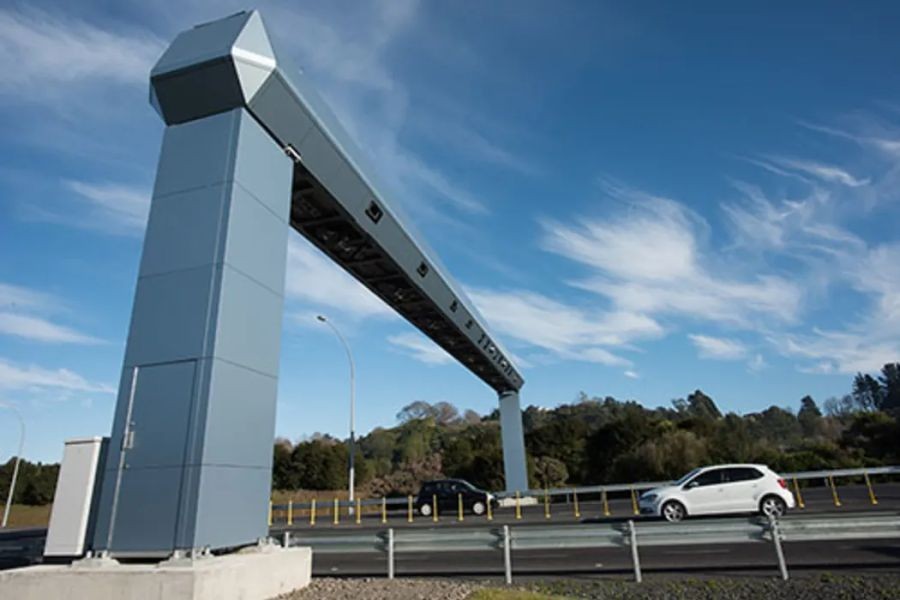In the ever-evolving landscape of real estate, the decision of whether to own or rent a luxury home remains a pivotal financial and lifestyle choice, especially in Australia. As we approach 2025, this decision becomes increasingly complex, influenced by market trends, economic factors, and evolving consumer preferences. With Australia's unique economic landscape, understanding the nuances of this decision can significantly impact financial well-being and lifestyle satisfaction.
Understanding the Australian Housing Market Dynamics
Australia's housing market has experienced significant fluctuations over recent years. According to the Australian Bureau of Statistics (ABS), the median house price in major cities like Sydney and Melbourne has seen an upward trajectory, with Sydney's property prices rising by 12% in 2024. This surge, driven by demand outpacing supply, has sparked a debate on whether owning a luxury home is a sound investment or if renting offers more flexibility and financial prudence.
Owning a Luxury Home: The Pros and Cons
Owning a luxury home in Australia comes with its distinct set of advantages and potential drawbacks. Here’s a closer look:
- Pros:
- Equity Building: Homeownership allows individuals to build equity over time, which can be a significant financial asset.
- Personalization: Owners have the freedom to customize their homes to fit their personal tastes and preferences.
- Long-Term Investment: Historically, property values tend to appreciate over time, potentially offering substantial returns.
- Cons:
- High Upfront Costs: The initial costs, including down payment, stamp duty, and legal fees, can be substantial.
- Maintenance Costs: Homeowners are responsible for ongoing maintenance and repairs, which can be costly.
- Market Volatility: Property values can fluctuate, and there's a risk of depreciation in certain market conditions.
Renting a Luxury Home: The Pros and Cons
On the other hand, renting a luxury home offers its own set of benefits and limitations:
- Pros:
- Flexibility: Renting offers more flexibility to relocate without the long-term commitment of homeownership.
- No Maintenance Worries: Renters are not responsible for maintenance and repair costs, which are typically covered by the landlord.
- Lower Entry Costs: Renting requires a smaller initial financial outlay compared to buying.
- Cons:
- No Equity Building: Rent payments do not contribute to building equity.
- Limited Customization: Renters may have restrictions on making modifications to the property.
- Rent Increases: Rent can increase over time, impacting affordability.
Case Study: The Sydney Real Estate Market
Problem: In recent years, the Sydney real estate market has been a hotbed of activity, with property prices soaring. Investors and homeowners faced the challenge of deciding whether to invest in property or seek rental opportunities.
Action: A prominent Sydney-based real estate firm, recognizing the market's volatility, diversified its portfolio by investing in both high-end rental properties and mid-range homes for ownership. This strategic approach allowed them to mitigate risks associated with market fluctuations.
Result: Over a three-year period, the firm reported a 25% increase in overall portfolio value. The rental properties generated steady income streams, while owned properties appreciated in value, providing substantial capital gains.
Takeaway: This case study underscores the importance of diversification in real estate investment. For individuals, a blend of renting and owning can balance risk and reward, particularly in a volatile market like Sydney.
Regulatory Insights and Economic Factors
The Australian Taxation Office (ATO) and the Reserve Bank of Australia (RBA) play crucial roles in influencing the real estate market. Recent policy changes, such as adjustments in interest rates by the RBA, have direct implications on mortgage affordability, impacting the decision to buy or rent.
Moreover, the Australian Competition & Consumer Commission (ACCC) has been actively monitoring housing affordability issues, advocating for fair practices in the real estate market. These regulatory bodies ensure that both renting and owning remain viable options for Australians, albeit with different financial implications.
Future Trends and Predictions
Looking ahead, several trends are likely to shape the Australian housing market. A report by Deloitte predicts that by 2025, digital real estate platforms will play a pivotal role in property transactions, offering more transparency and efficiency.
Additionally, as remote work becomes more prevalent, suburban and regional areas are expected to see increased demand, potentially driving up property values in these locations. This shift could influence the decision-making process for those considering buying or renting luxury homes.
Myths and Misconceptions
- Myth: Owning a home is always more cost-effective than renting. Reality: In certain markets, such as Sydney, renting can be more financially viable due to high property prices and associated costs.
- Myth: Renters have no investment opportunities. Reality: Renters can diversify investments by allocating savings into other asset classes, potentially yielding higher returns.
Conclusion: Making the Smart Choice in 2025
As we approach 2025, the decision to own or rent a luxury home in Australia requires careful consideration of financial goals, lifestyle preferences, and market dynamics. Both options have their merits and potential drawbacks. By staying informed and considering both personal circumstances and broader economic trends, individuals can make a decision that aligns with their long-term objectives.
For those navigating this decision, engaging with real estate professionals and financial advisors can provide valuable insights tailored to individual needs. Ultimately, whether owning or renting, the key is to make an informed choice that enhances financial stability and lifestyle satisfaction.
People Also Ask (FAQ)
- How does the Australian housing market impact homeownership decisions? Australia's rising property prices and interest rates influence affordability, making renting a viable option in certain markets.
- What are the biggest misconceptions about owning a luxury home? A common myth is that owning is always cheaper than renting, but market conditions can make renting more affordable.
- What strategies can Australians use to decide between owning and renting? Assess financial goals, market conditions, and personal preferences. Consulting with financial advisors can provide tailored advice.
Related Search Queries
- Is buying a house in Australia a good investment in 2025?
- Pros and cons of renting vs. buying in Sydney
- Future of the Australian real estate market
- Luxury home rental market trends in Australia
- Impact of interest rates on Australian housing market































